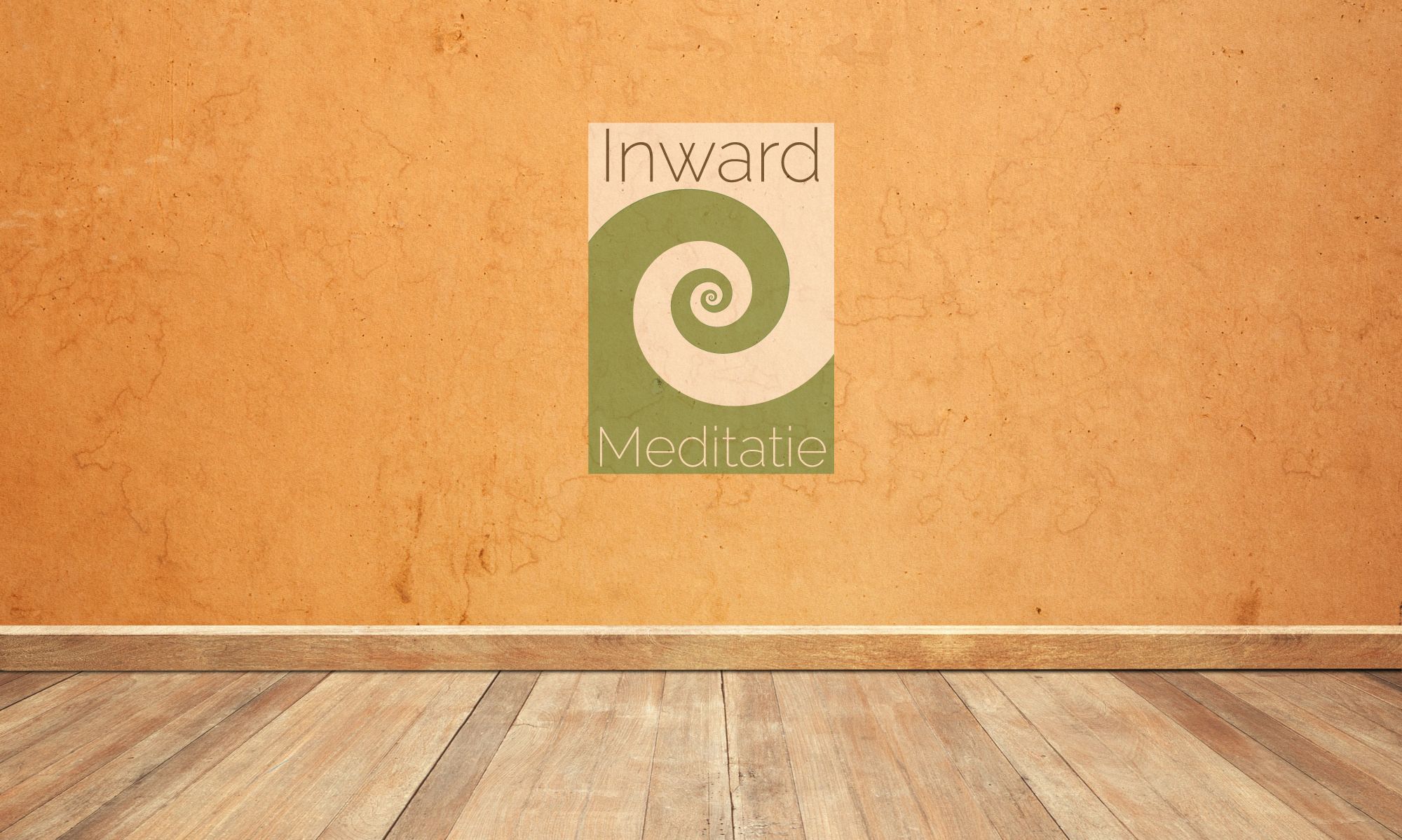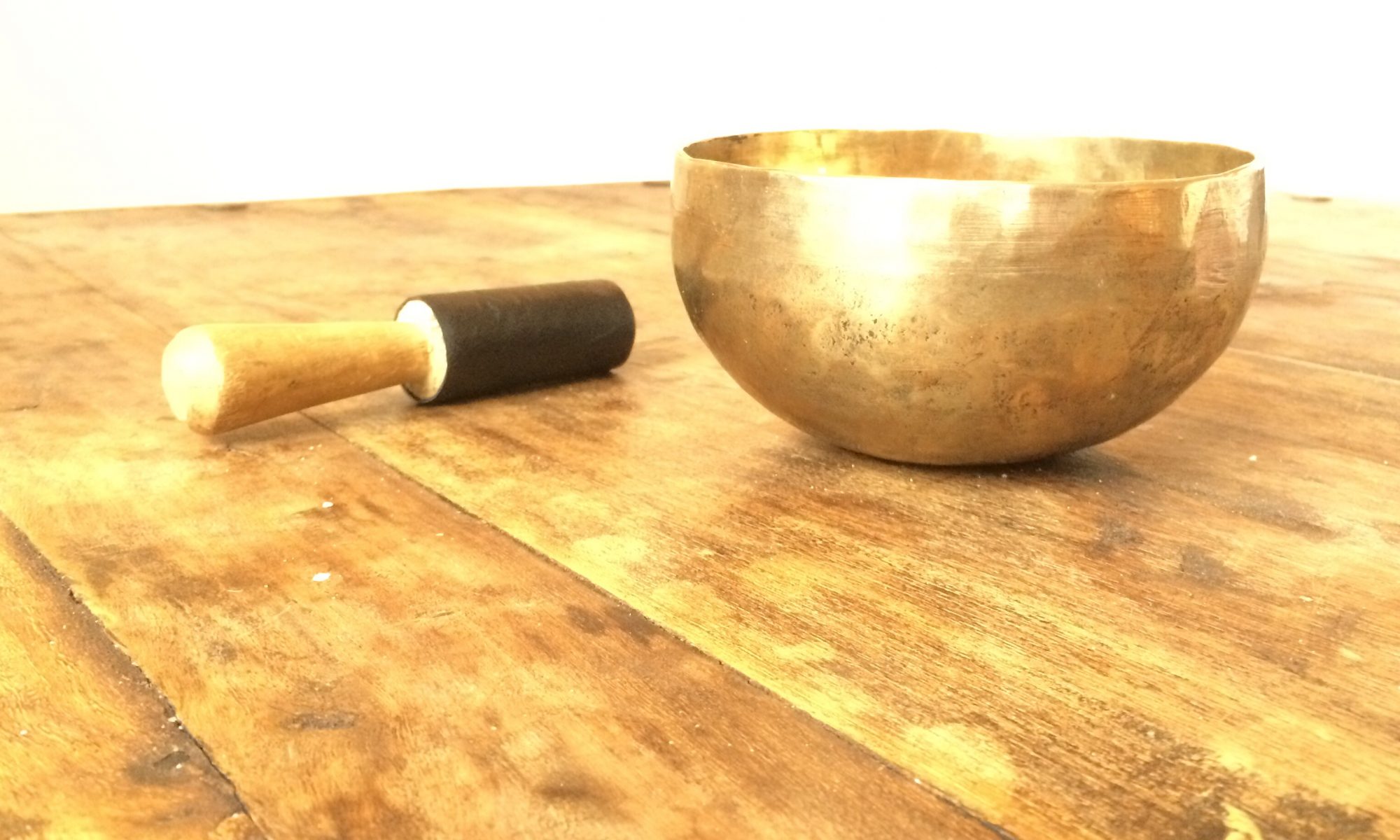Minimalism has become a thing. The objects you own can be a burden, as well as an asset, and getting rid of the clutter can help you soar free, unbounded by the ties that bind. Or so the idea goes. Consequently, some people now profess to owning less than 100 items, while others are able to eke out a living helping unfortunate hoarders to declutter their lives.
But is it true that we are bound by our material possessions? Perhaps this unfreedom is just another story we tell ourselves, just like the story that accumulating possessions will be sufficient to make us happy.
The emphasis on material ownership is not surprising, as it is the rock upon which economic liberalism is founded. The idea that material possessions will make us happy is the founding myth of consumerism, whereas the idea that individual ownership is the root of all evil is fundamental to capitalism’s nemesis, communism.
But those are still just stories that we tell ourselves. Perhaps, then, to really be free, it is not the material possessions from which we have to unburden ourselves, but the stories we tell ourselves. The stories about our possessions for one, and perhaps other stories as well.
Now, of course we need some of the stories that we tell ourselves on a moment-by-moment basis. And they certainly aren’t all bad. Our stories have created a lot of possibilities. Without the story of money, it is hard to get by in today’s cities. Scientific progress is based on the story that the world around us can be known and manipulated, and that it is a good thing to do so. And most big contemporary religions tell us that God is most important source of meaning and ethics in our lives. Whether you agree with these stories or not, they have all been highly successful in creating new possibilities for humans.
But many stories do not serve us well at all. The story of not measuring up, for example. The story that anything made by humans is somehow “unnatural” and thus “not good”. The story that you need to do something to gain happiness. The story of needing to accumulate material wealth. Or the story that this accumulation of material wealth is somehow holding you back.
But there is nothing objectively holding you back, except the stories that you create for yourself. Ultimately, the personal experience of freedom seems to hinge on these narratives. My contention, then, is that true minimalism is at least based upon an awareness of the stories that you tell yourself.
Awareness of anything breeds freedom, through the presence of choice. If you can be aware of the stories that are active in any situation, you can start developing the ability to choose between those that further your goals and those that hold you back.
But how to become aware of such things? Quiet reflection appears to be a good way to increase the insight into your personal narratives. Open discussions with others who also work towards such insights can also help.
For the purpose of this article, we will focus on the role of mindfulness practice for becoming aware of the stories you tell yourself. There are a few steps that are usually taken in sequence to reach the point where you can start systematically investigating your personal narratives.
As in many other mindfulness practices, we start by paying close attention to the breath. By training your attention on something bland and repetitive, you challenge your attention to become stronger. Not only that, but most people find that focusing the attention on the breath makes it painfully clear that the mind does not tend to obey your commands very readily.
With a growing malleability of attention, now start to tease apart the components of your current-moment experience. Here’s a sound, or a bodily sensation. Here’s the breath, a thought, plan, memory, judgement. Witnessing the flow of experience in this way familiarizes you with the autonomous character of your sensate reality. In a sense, your sensations don’t need you to interact with them. They are just there, in all their rich splendour.
Crucial to this stage of practice is that you attempt to refrain from interacting with your sensate reality. To remain the observing witness and to return to it as soon as you notice that you’ve nevertheless become involved in interacting with your experience.
Seeing the autonomous character of your sensations, be they mental or physical in nature, helps you to recognize thoughts as they come up. Recognizing thoughts as thoughts and emotions as emotions is invaluable when starting the investigation of the storylines that make up your personal narrative. The more you practice this recognition, the more freedom you will experience in the face of the force of your narrative “self”.
“It’s just a thought.”
“There is a judgement right now.”
“Anger is present.”
These observations can all help to become aware of other options in the flow of experience, and to keep from getting stuck in the strength of one particular thought or emotion.
If you’ve made it this far, it is a relatively straightforward step to start dissecting the drivers of your thoughts or emotions. Unravelling your personal content can help you determine where you are habitually getting stuck in your life. Perhaps there is some healing that needs to happen. Perhaps you could benefit from a larger frame of reference.
In any case, this way of investigating your everyday reality usually entails taking “yourself” less seriously, especially when it comes to believing the stories you tell yourself. An insight that is accompanied by a growing choice: “To what degree do I participate in this story? Or do I try something else?”
This way, practicing mindfulness leads to True Minimalism: freedom, not just from being tied to material possessions, but from the stories that co-create your experience of reality in any moment.

